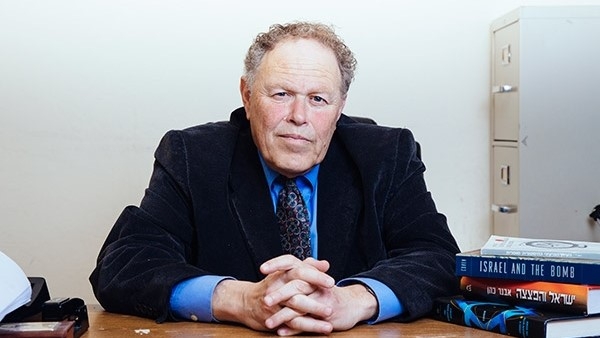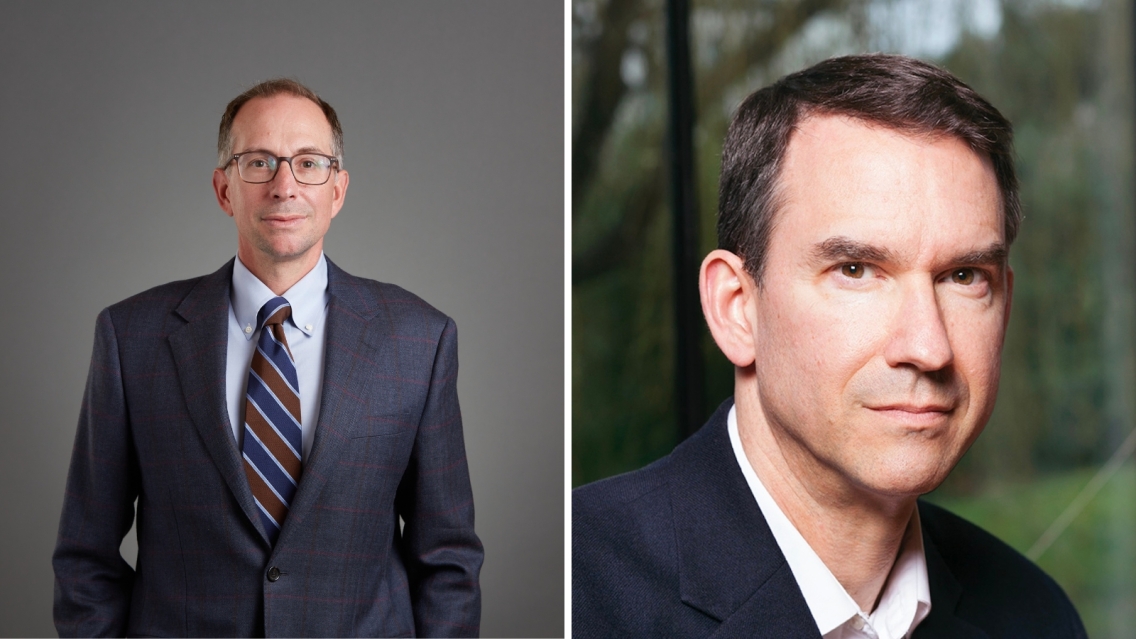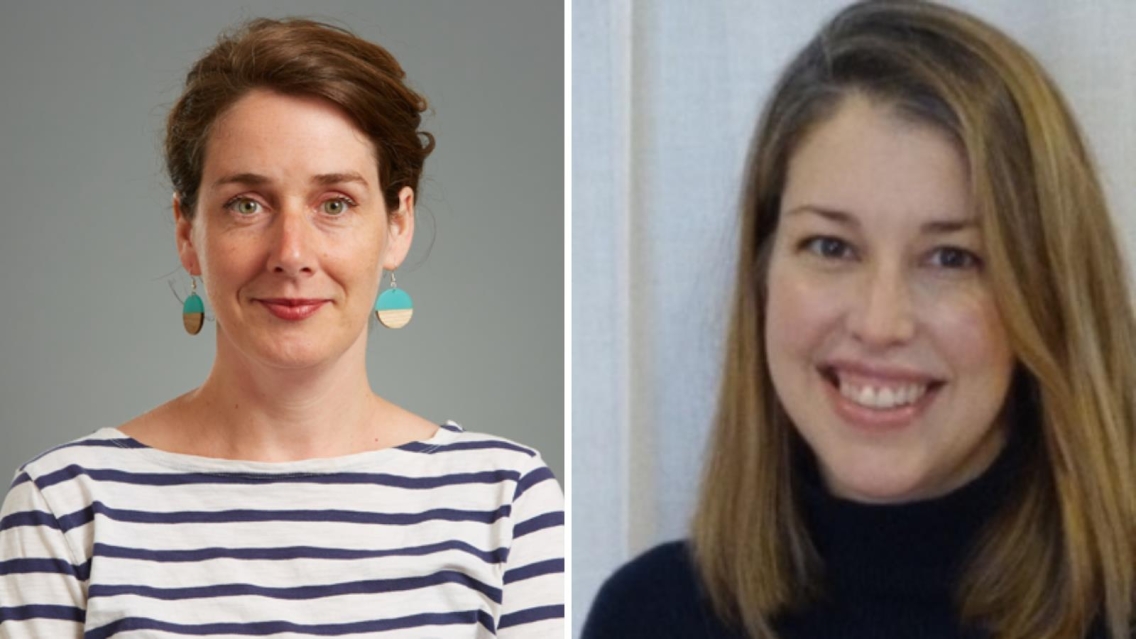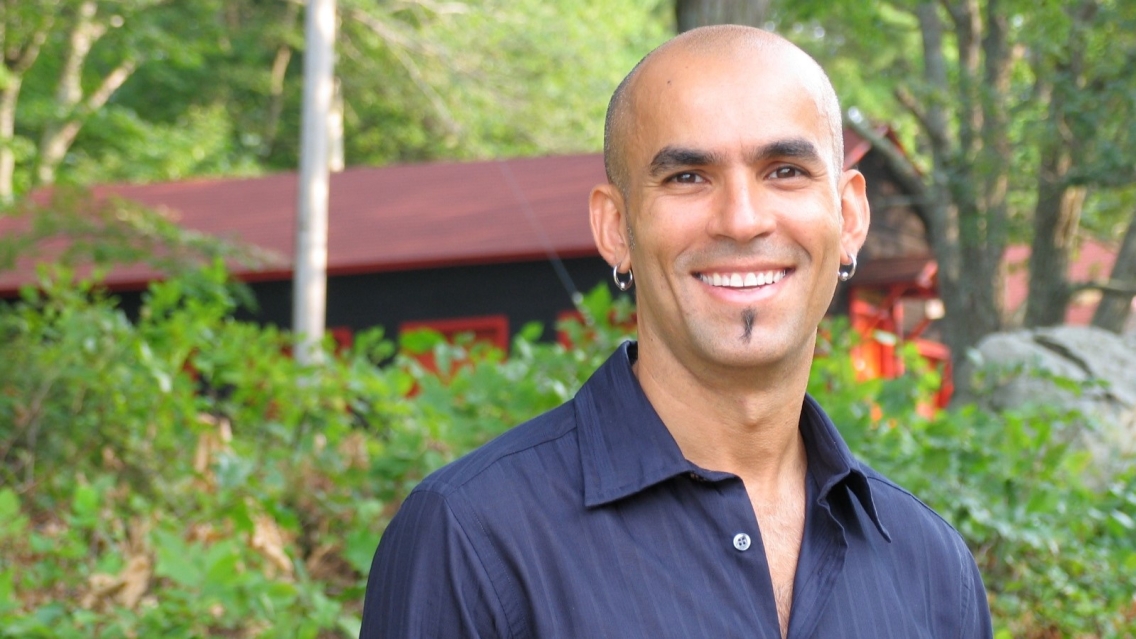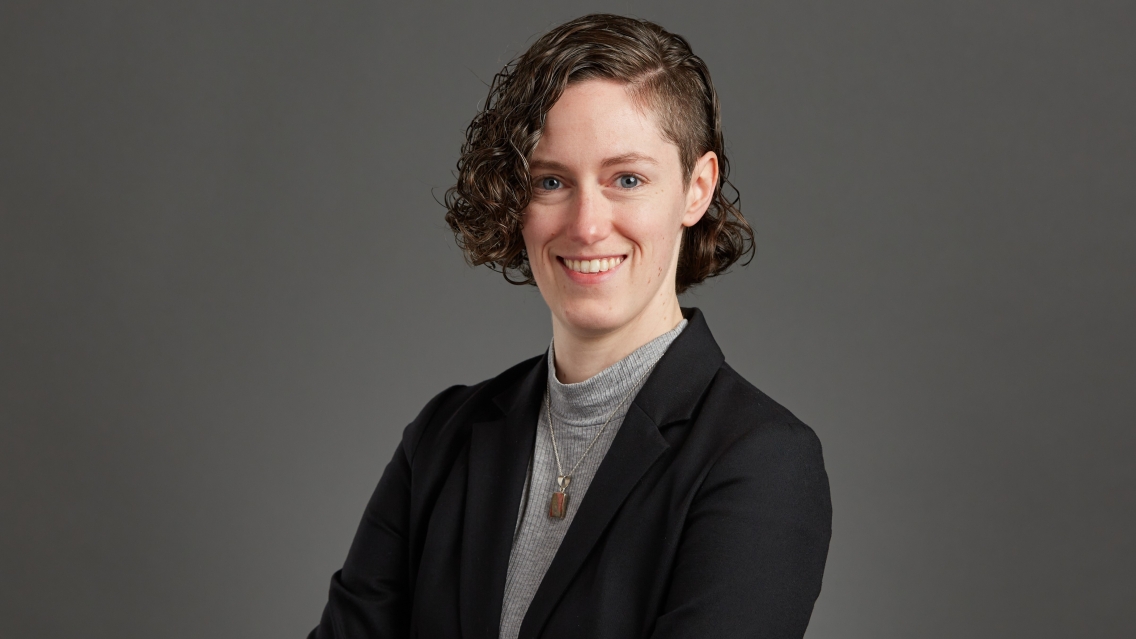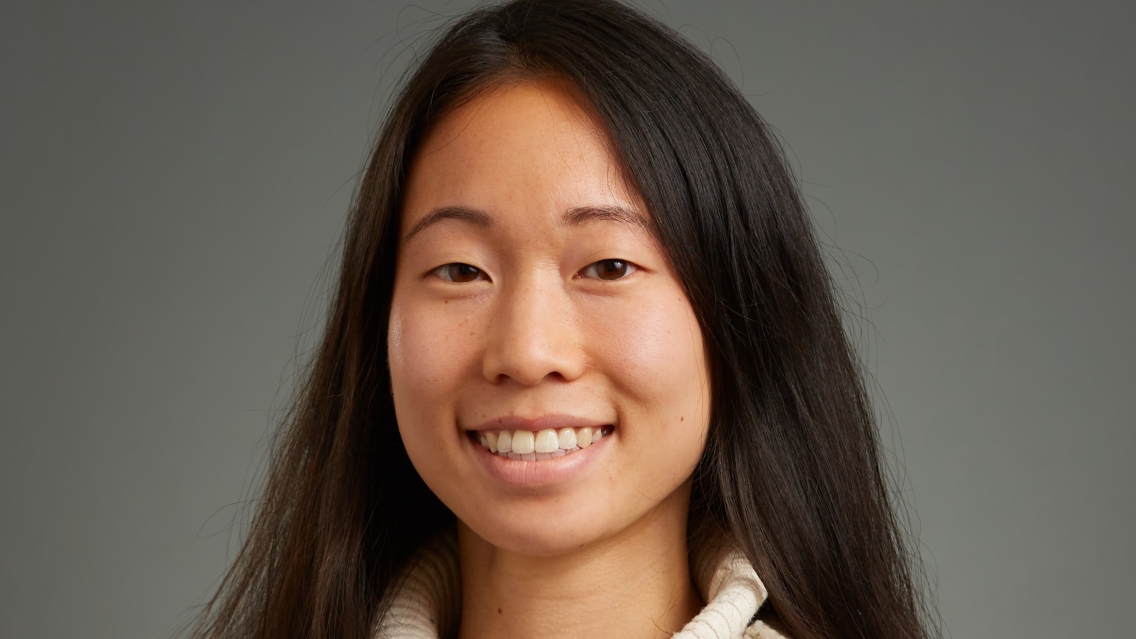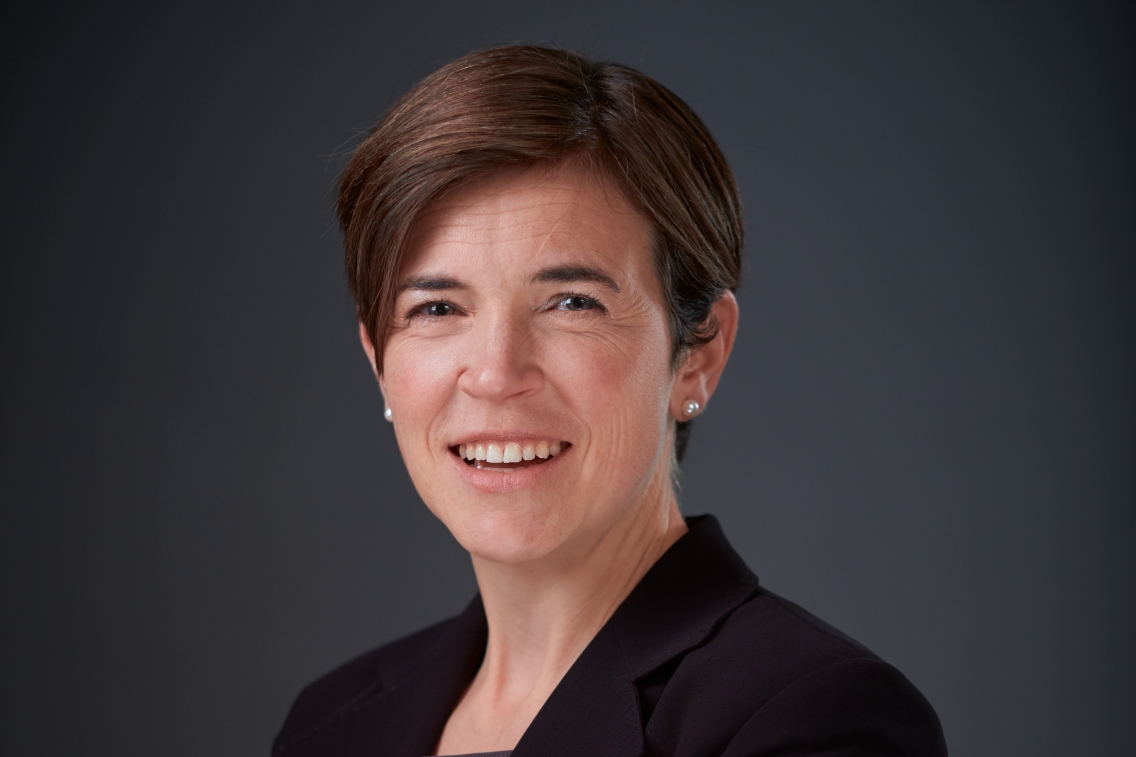Spring 2025 Recorded Series
Spring 2025 Recorded Series
Recordings are available for the following Faculty at Home webinars that have already happened. Recordings are usually available about two weeks after the webinar.
Avner Cohen - October 7 and the Gaza War: Reflections and Insights
The talk will look into the October 7 war—the longest and most devastating war in the history of the century-old Israeli-Palestinian conflict—in broad historical terms and from a personal perspective of a liberal Israeli-American. It starts with a historical assessment of the significance of the catastrophe of October 7 itself, then moves on to explore the origins and causes that made such a catastrophe possible, and ends with personal reflections on the profound impact of October 7 on both sides of the conflict—Palestinians and Israelis—and whether this tragic conflict can be resolved in our lifetime.
Erik Bleich and Christopher Star - Apocalypse: Everything You Wanted to Know about the End of the World
In this talk we trace the development of the word apocalypse from ancient texts to modern media. Originally meaning simply “uncovering,” the word came to denote a “revelation” of God’s plan for how the world will end. In recent years, apocalypse has come to refer to an ever-growing list of catastrophes, such as the “COVID Apocalypse,” or the “AI Apocalypse.” We use data from several U.S. newspapers to show what crises and threats are most commonly evoked as apocalypses. Our findings reveal our biggest fears for the present and the future, and how a term from the ancient world helps us define them.
Florence Feiereisen and Erin Sassin - Rendering the Past Audible: Acoustic Ecology, Space and History
Hearing is an integral part of our perception of the world, a “lens” through which society, both past and present, can be investigated. In this talk, we showcase our collaborative research at the intersection of acoustic ecology, urban studies, architectural history, and German studies.
Acoustic ecology, as defined by Canadian composer and soundscape pioneer R. Murray Schafer, is “the study of sounds in relationship to life and society.” We ask: How do sounds shape social dynamics and the built environment? By applying this framework to architecture and urban space, we explore how listening to history uncovers layers of lived experience often overlooked by visual analysis alone.
Cláudio Medeiros - We are Not Afraid of Gender: Virginia Woolf's Orlando at Middlebury
Virginia Woolf’s Orlando, published in 1928, was the author’s most popular novel during her lifetime. She wrote it as a tribute to her longtime lesbian partner, Vita Sackville-West. Vita’s interest in crossdressing most likely inspired Orlando’s change of gender halfway through the novel. Vita’s son described it as “the longest and most charming love letter in literature.” Unlike Woolf’s other works, Orlando is comic andwhimsical. In the spring of 2024, Theatre professor Cláudio Medeiros brought American playwright Sarah Ruhl’s adaptation of the novel to Wright Theatre with a group of talented young actors. Medeiros joins us to talk about why he chose to work on this play with students in 2024, to give us a glimpse of the rehearsal process, and to share some of the images of the stunning production that Middlebury’s Theatre Department proudly put on stage.
McKinley Brumback - Beacons in the Sky: X-ray bright neutron stars as extreme physics laboratories
Studying space with high energies, such as X-rays, allows astronomers to test our understanding of the laws of physics in the most extreme environments in the universe. One such extreme environment is found around neutron stars—the ultra-dense cores of massive stars left behind after a supernova explosion. Neutron stars host the universe’s most powerful magnetic fields, which can be trillions of times stronger than Earth’s magnetic field and are impossible to recreate in Earth-based laboratories. In this talk, I will discuss ways in which studying X-rays over a range of energies allows us to disentangle signals from different structures around the neutron star and begin mapping these unique environments.
Becky Tang - Statistical Modeling of Abundances within Ecological Communities
When people think of statistics, their minds probably turn toward histograms, sample means, and t-tests. In this talk, I will discuss another side of statistics: modeling. What is statistical modeling, why is it fun, and is it even useful? I will then share my work in developing a spatiotemporal model for the abundances of a community of fish species in the Gulf of Maine.
Sarah Stroup - Foreign Aid under Fire
The Trump administration has worked to dismantle the U.S. Agency for International Development. As a scholar of humanitarian relief and NGOs, Stroup puts this political moment in historical and comparative perspective. Foreign aid has long been contested in the United States. Meanwhile, other Western states are cutting their aid budgets as a group of global aid donors emerge. These shifting dynamics may impede short-term humanitarian relief as well as long-term efforts to address poverty and global inequality.


